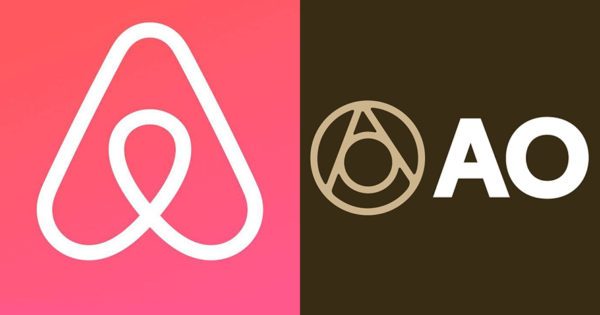
Atlas Obscura wants to take you to The Gates of Hell—specifically, a blazing inferno in the Karakum Desert, about a three-hour drive from Turkmenistan’s capital, Ashgabat. Even though the nine-day trek through Turkmenistan sets participants back $3,475, the intimate setting (and access to hidden gems that Atlas Obscura specializes in) has an audience. The first trip sold out within hours. The second trip, featuring the travel and culture site’s founders, sold out in five hours.
These are the types of trips that Atlas Obscura will invest more in after an injection of $20 million in funding, including a “significant” investment from vacation-rental website Airbnb. Neither Airbnb nor Atlas Obscura would specify how much the investment is.
Such a partnership is a meaningful move to make in an increasingly challenging media environment that requires publishers to diversify revenue streams, especially as they compete for digital ad dollars.
“We think of Atlas as an experiences company powered by media,” said David Plotz, Atlas Obscura’s outgoing CEO, who announced this week that he is stepping down after joining the company in 2014. “For the long-term future of the company, we think the experience piece is going to be the real driver and differentiator for us.”
Plotz said the new cash flow will allow Atlas Obscura to make deeper investments in its trips and experiences while increasing its reach across Airbnb’s platform. Atlas Obscura has organized local tours and experiences since the company’s creation in 2009, before it moved into offering full-package vacations in 2016 with three trips to Cuba. By the end of this year, Atlas Obscura is projected to have completed 89 trips.
As the publisher increased the number of trips it offered over the years, the category grew in terms of revenue, as well. Trips and experiences rose from 40% of total Atlas Obscura revenue last year to 60% this year, Plotz said.
Trips and experiences range from $45 for a two-hour scavenger hunt through Chicago’s underground to $7,115 for an 11-day journey through Namibia’s dunes and deserts.
Atlas Obscura did not give exact figures that illustrated how much, monetarily, that means for the company, although Plotz did say experiential is a meaningful revenue source and so is advertising.
“Media revenue in the form of advertising is critical to us; it is high-margin revenue,” Plotz said.
Atlas Obscura also earns revenue from sponsored content, licensing agreements and royalties from its book sales. The site also has a docuseries going into development, produced in partnership with Brad Pitt’s Plan B production company and Jane Root’s Nutopia. Plotz is credited as an executive producer on the project.
Plotz explained that the timing of his departure was closely tied to the announcement of funding from Airbnb.
“It’s always been in the background that I couldn’t do this forever,” said Plotz, who lives in Washington, D.C., but has commuted to Atlas’s headquarters in New York twice a week. He suggested the role would be better suited for someone who could be in the office full-time.
After this investment round, most of Atlas’ own trips and experiences, found on its own site, now redirect to Airbnb, if Airbnb provides services in that country. Many of Atlas Obscura’s trips can also be found directly on Airbnb’s site.
Airbnb gets a cut from everything booked through its platform, though neither party would say exactly how much. While Airbnb is a “significant shareholder” of Atlas Obscura, it isn’t a majority owner of the company, in which The New York Times Co. is also an investor.
Airbnb sees this as a way to extend its own original experiences, which total more than 4,000, in countries throughout the world, a spokesperson wrote in an email. Those experiences could range from a tour through Hasidic Brooklyn or an architecture tour in Manhattan.
https://www.adweek.com/digital/airbnb-invests-in-atlas-obscura-to-expand-experiences-business/

